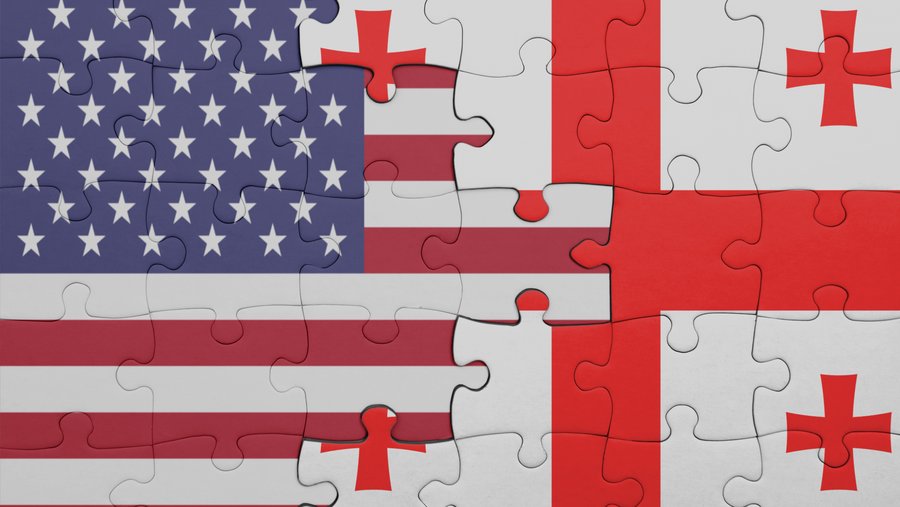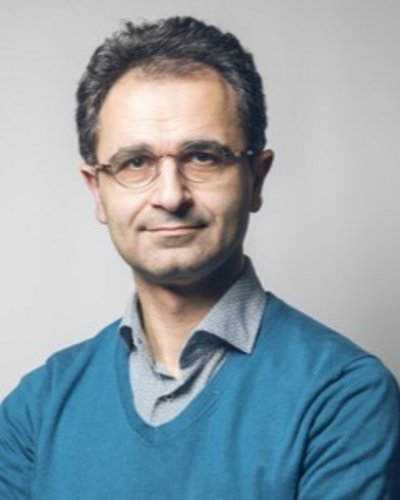-
Topics
backTopicsOur programs create spaces where open-minded leaders can gather for breakthrough conversations on pressing global issues – each aligned to one of the following pillars:
-
Events
backEventsExplore the variety of events Salzburg Global hosts within Austria and in the rest of the world. Learn more about our programs and what else happens at Schloss Leopoldskron.Upcoming EventsFeb 05 - Feb 07, 2026Peace & JusticeDisruption and Renewal: Charting the Future of the International Rule of Law, Democracy, and PluralismSalzburg Cutler Fellows Law ProgramApr 13 - Apr 18, 2026CultureCreating Futures: Rethinking Cultural Institutions, Infrastructure, and InvestmentCulture, Arts and Society
- Insights
-
Fellowship
backFellowshipSince 1947, more than 40,000 people from over 170 countries have participated in Salzburg Global's sessions. Collectively, these alumni are known as Salzburg Global Fellows.
-
About Us
backAbout UsSalzburg Global is an independent, non-profit organization committed to creating spaces that overcome barriers and open up a world of better possibilities.Our Approach
-
Support Us
backSupport UsYour generosity helps us gather open-minded leaders for breakthrough conversations, while creating space for dialogue that overcomes barriers and opens up a world of better possibilities.
- Donate
- Published date
- Written by
Share
Peace & Justice
Opinion
Reevaluating the American Blueprint: Georgia's Crisis of Democratic Faith
Published date
Written by
Share

Photo Credit: Shutterstock.com/2462550129
Key takeaways
- In countries like Georgia, where political systems were largely modeled after the U.S., the departure of American politicians from democratic values is creating a deep political crisis.
Illiberal elites abroad are copying “loony ideas coming from the U.S.” as a useful alibi for consolidating autocracies.
- Is the United States breeding its worst enemies by brushing aside its democratic identity?
This article was written by Salzburg Global Fellow Jaba Devdariani, who attended the Salzburg Global American Studies program on “What Next for the U.S.? What Next for America in the World?” in September 2025.
Parts of this article were originally published by GEOpolitics in “Who Are You, Uncle Sam?! Georgia’s Liberals Struggle with U.S. Ideological Drift” and “Seeking the Fixed Point of Democracy.”
The views expressed here belong to this Fellow individually and should not be taken to represent those of any organizations to which they are affiliated.
Democratic Beacon to Source of Crisis
In some countries of Eastern Europe, like Georgia, the ideas of democratic freedom and individual rights were firmly rooted in the cultural affinity of the liberal political elite with the United States. This has caused the real or perceived departure of the U.S. from these values to create a deep political crisis.
The rebirth of modern democratic culture and a liberal political class in many post-Soviet and post-Socialist states was deeply entwined with the U.S. This anchoring is partially rooted in generous education programs by the U.S. government, which by far surpassed similar programs of European states, especially for the countries that were not prospective members of the European Union. But, in a way, it is also a curious by-product of the post-Soviet nations’ yearning for a complete break from the oppressive legacies of the past.
For decades, elites viewed America as the emblem of individualism, freedom, progress, and modernity - a stark contrast to the repressive, centralized power structures known from Soviet rule. The binary of the "evil empire" versus the beacon of American democracy was not just a rhetorical device, but a framework that informed policy and societal aspirations. America was held up as the paragon of liberal democracy, and often on the crossroads of development, Georgian political elites proposed a straightforward transplant of U.S. models, from the introduction of low taxes to the sweeping privatization of health insurance, and from the popular election of local sheriffs and to the widespread use of jury trials. They believed that if it was American, you could not go fundamentally wrong with it.
Illiberal Blueprint
The tables have turned now. Illiberal elites from Budapest to Tbilisi are invoking loony ideas coming from the U.S. such as a “deep state conspiracy,” critiquing mainstream media as inherently elitist, and lambasting Europe’s bureaucratic overreach, to justify their own authoritarian measures. American politicians challenging the legitimacy of media, courts, or the integrity of elections serve as a useful alibi for consolidating autocracies.
This replication of U.S. political patterns for authoritarian consolidation triggers a profound identity crisis among Georgia’s liberal elites. Having anchored their hopes for democracy in an American model that now confronts its own demons, these elites are also forced to confront the limitations of importing a blueprint. Some of them may decide to dramatically turn away and against American interests in the future.
The painful truth is that the often instinctive “pro-Americanism” of post-Soviet elites had its dark side. Many of them felt the U.S. won the Cold War because it was like us but turned out stronger. Vladimir Putin’s parable of Russia “getting up from its knees” means, among other things, that Russia can, once again, speak on par with the U.S. and speak the language of power. The European reflexiveness, compromise, endless debates and committees, and obsession with form and niceties are too complex or, to quote one of the big tech founders, “lacking in masculine energy.” By contrast, designating the U.S. as a personal enemy is an act of pride, a sign that you made it up in the world, that you are sparring with the power.
What's Next?
Is the United States breeding its worst enemies by brushing aside its democratic identity? Can the debates that its political debacle is triggering in the parts of Europe that were most beholden to the American Dream be useful for the U.S. retrieving its liberal mojo? Can the EU’s liberal-bureaucratic model ever be as attractive at the U.S. model once was?


